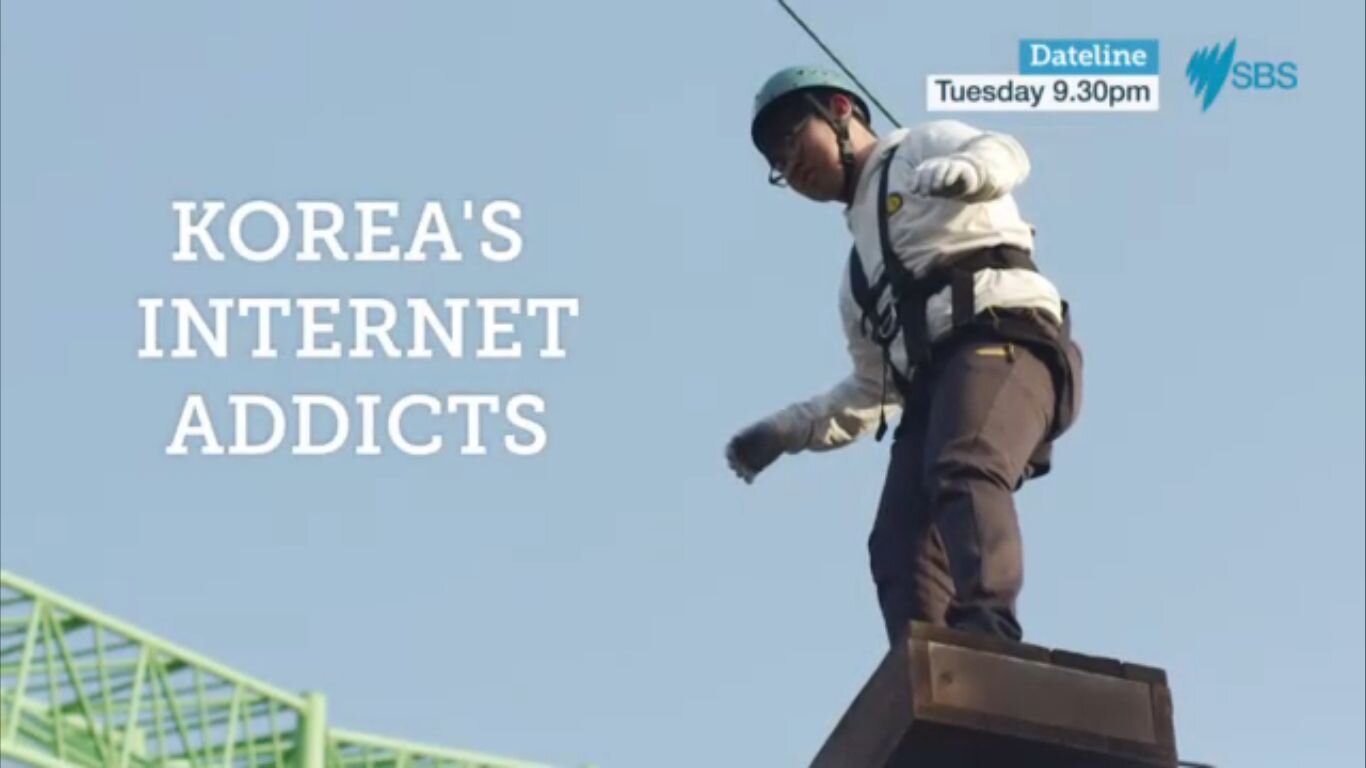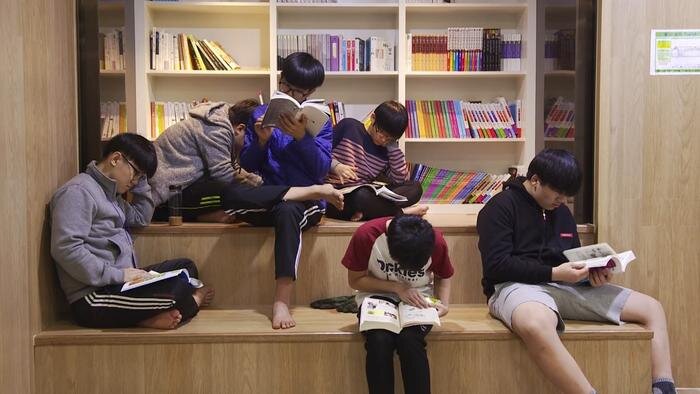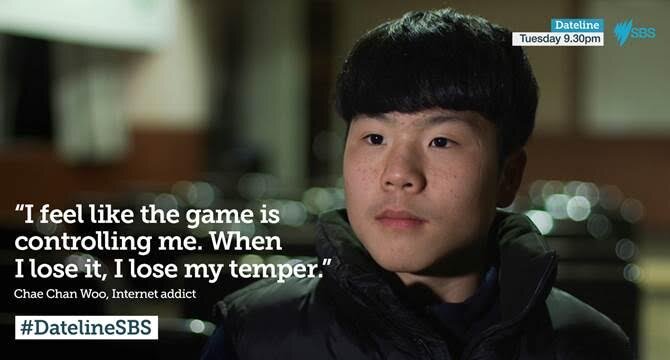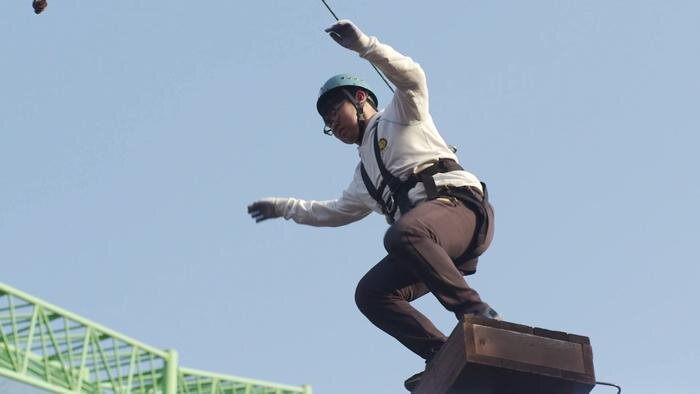
Dr Le
Articles
CGI Clinic is excited to see the next episode of SBS's Dateline featuring a special on "Korea's Internet Addicts". This will be featured this week, on Tuesday night at 21:30pm AEST. This blog post is a preview commentary on snippets revealed on the SBS website.
You may also like to review our recent "South Korea Special Series" on our blog, on our trip to South Korea in 2015, which you can find here. Where CGI Clinic visited an e-Sports stadium, addiction clinics and discussed modern treatment programs with South Korea's leading researchers.
The SBS preview starts off with footage of young males and a voice over an adult asking in Korean, "you play till 4am? How is that even possible?" To people who are not familiar with playing online games, this is a very common question. Why would anyone want to forego something as precious as sleep to play games? Playing online at nighttime is very common as local friends are more likely to be at home. Continued play after midnight can occur because other players from overseas may be logging on. Online gaming is available 24/7. It never stops. It never sleeps.
Unless you are under 16 whereby you cannot log in after midnight. Playing online instead of sleeping is a very common feature of problem online gaming. However, falling asleep the next day at school because you were in the middle of an epic match of League of Legends at 3am in the morning does not make someone a gaming addict. It is the loss of control and continued play despite the consequences (like lack of sleep and failing that important maths exam the next day). Loss of control and play when you no longer enjoy playing can be a feature of a major gaming problem.

The preview then shows the caption "These young addicts are trying to get clean." It is more likely that these children have been forced to attend these clinics by their parents or their teachers as part of the many South Korean Government programs in school to combat this issue. They have no choice. By the time these children receive treatment, many will have minimal insight into the severity of their problem. Many will believe they do not have a problem. This problem of insight may stem from the lack of other positive options in their lives. We then see obligatory e-Sports stadium footage. Times have changed and e-Sports is getting bigger, more exciting and even attract a female audience. eSports culture is often perceived by outside countries as a completely different world. To your child, e-Sports stars are like rock stars, with a cult status to aspire to. ABC Australia even has dedicated to eSports news program.

The most compelling part of this preview, features a freckly young South Korean male describing "I feel like the game is controlling me". This is compelling, because we often perceive online games just as another form of play. How is it possible for a game to have so much control over a young person's mind? Surely, if you choose to play you can choose to stop playing? However, the best modern online games are designed to keep you playing online for longer. Some vulnerable developing brains are unable to make the decision to stop. "What will force them to change?" From our understanding of Chinese gaming bootcamps, using force is not good strategy. We would like to think that helping young people understand their problems, developing new skills and providing other positive options is a much healthier option.

Finally, we see a young male with glasses (who previously stated that he wanted to go home) climb up a pole and taking a leap of faith. This is presumably a way to activate him neurologically and feel the rush of real-life excitement and adrenaline (also makes for a nice metaphor for overcoming one's fears/problems and conquering your future). This climbing activity was also used in a popular Cyberwellness enrichment programme in Singapore that we reviewed during our investigation there in 2015.
What happened? Did the boy survive? Watch it on #Dateline. Be sure to tweet during the show and add your voice to the conversation. Use the hashtag #DatelineSBS and the peak time is between 9.30pm and 10pm Sydney/Melbourne time. You can also follow SBS Dateline on Facebook, Twitter, YouTube, Instagram or via our website.




